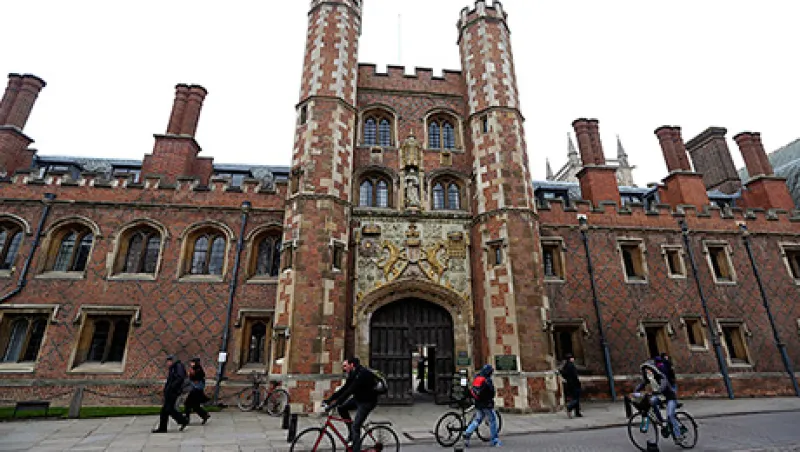Members of the £60 billion ($78.3 billion) Universities Superannuation Scheme are petitioning trustees to disclose funding calculations they’ve shared with their employers behind closed doors.
The pension plan members are concerned that they may have to contribute more to the fund, which has a £17.5 billion deficit, or see their benefits cut when the results of USS’s triennial valuation are published next month. The petition, which began circulating Wednesday, has already attracted signatures from more than 400 members.
Britain’s parliament last month pressed USS, the country’s largest private-sector pension fund, for details on how it will shore up its deficit, which may vary in size by billions of pounds depending on the method of calculation and the outlook for returns. At the start of September, the USS sent a report to universities participating in the pension plan that included projections for its investments and liabilities.
“USS has to do its valuation imminently and the frustration for us, is that a lot of what goes in behind the scenes to produce the numbers, is hard to get hold of,” said Sam Marsh, a scheme member at the University of Sheffield. “The key thing that I would like to know is what would the valuation look like if they removed their ‘test one’ measure?”
While the £17.5 billion shortfall is accurate as measured under financial reporting standards in the U.K., the size of the deficit drops £4.9 billion when calculated under “technical provisions” set under rules governed by Britain’s Pensions Regulator. Members of the retirement plan are particularly concerned about the “test one” measure used by USS because they believe it gives university finance directors an excessively negative picture of future risks, costs and investment returns.
[II Deep Dive: Parliament Probes USS Pension Plan]
They’re fearful that USS’s October valuation will mean further cuts to the defined benefit element of the scheme. At the last valuation, members were told that they would accrue DB benefits up to the first £55,000 that they earn, but there is growing concern the amount will be cut significantly and replaced by a greater defined contribution element.
“USS is now consulting with Universities UK on its proposed assumptions for the technical provisions,” said a spokeswoman for USS. “Directly making the full document available to all members risks confusing with whom USS is consulting on this occasion.”
Universities UK, a group representing British universities, is reviewing the report sent by USS at the beginning of this month. USS says it has shared the private document with the more than 350 employers participating in the scheme.
The spokeswoman for the pension fund said the USS has provided a summary of the report on its website and will provide more detail once the first stage of the consultation with universities has been completed.
Michael Rutter, president of the Cambridge University UCU, said the pension fund’s full calculations and methodology should be made transparent to its scheme members. He added that he believes the USS is seeking to replace the DB scheme with a DC plan.
“I need a pension that is guaranteed,” Rutter said. “When they talk about de-risking, they are largely moving the risk from them to me and my colleagues, and that doesn’t seem reasonable.”







